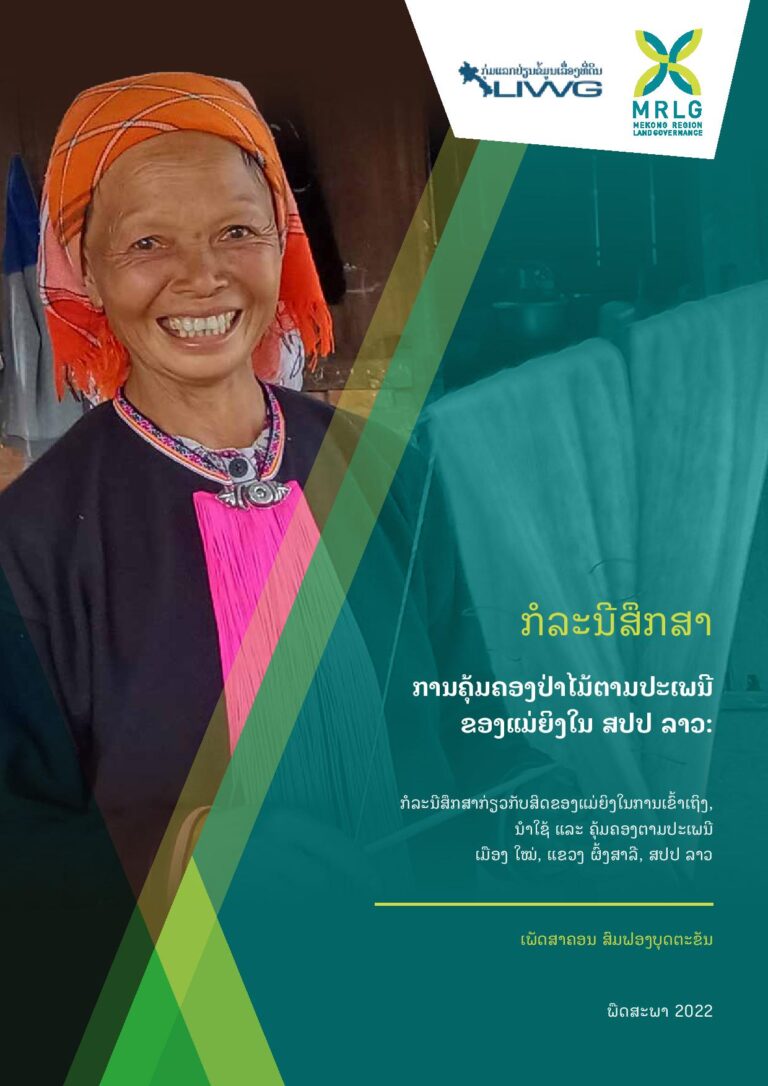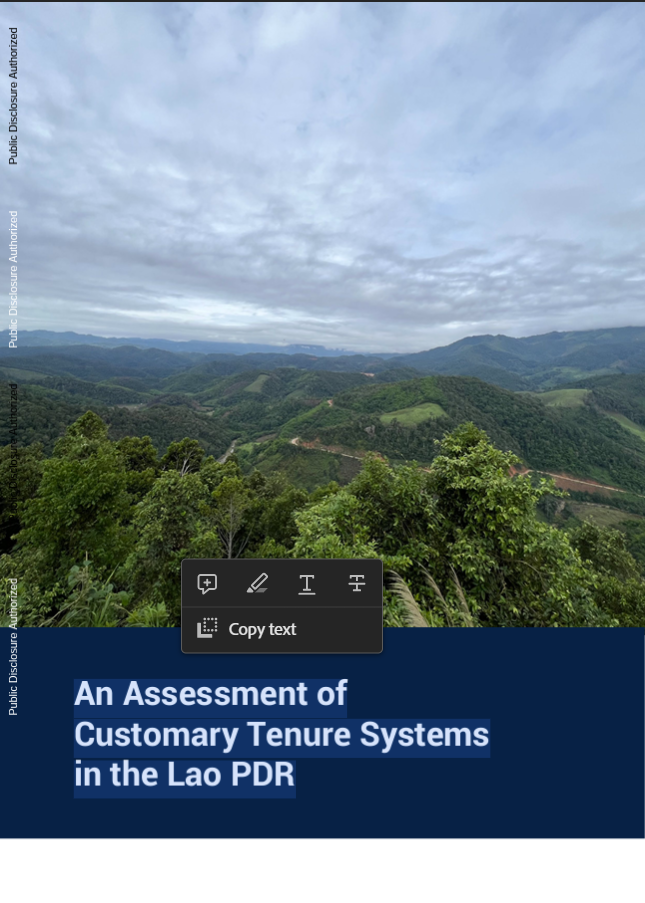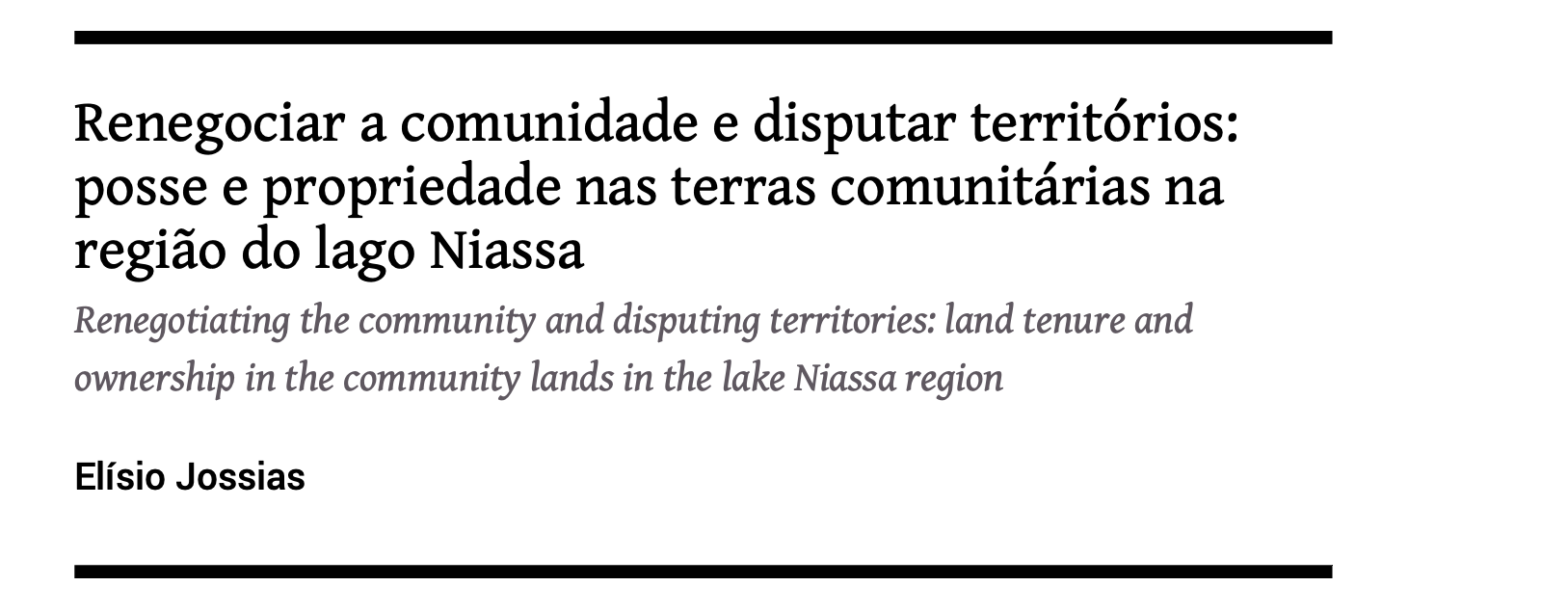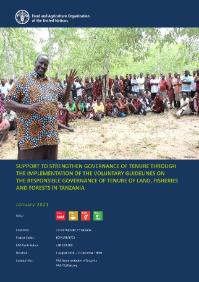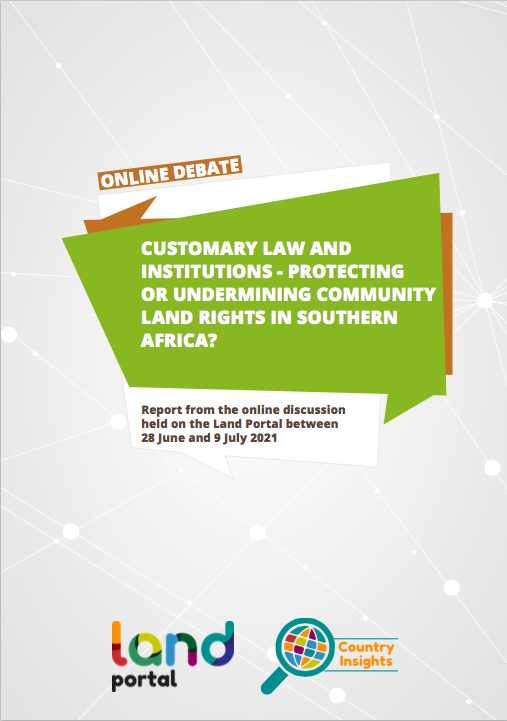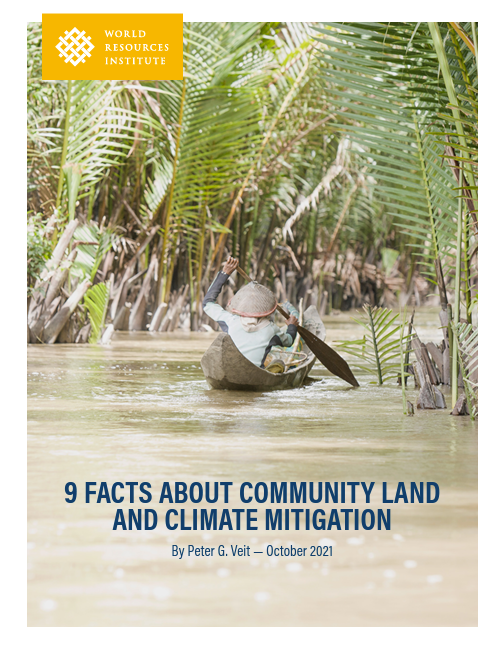A Glimpse into Women’s Customary Forest Tenure Practices in Lao PDR:Lao Version
The case study explores the intersect between customary tenure systems and gender roles in two villages in Phongsali district in the north of Laos. The country has a diverse population of ethnic communities who depend on forests and other natural resources for their livelihoods. These communities play an important role for conserving complex landscapes. However, their traditional land tenure practices are insufficiently documented and therefore poorly understood, and even more so the gender relations in customary systems.

